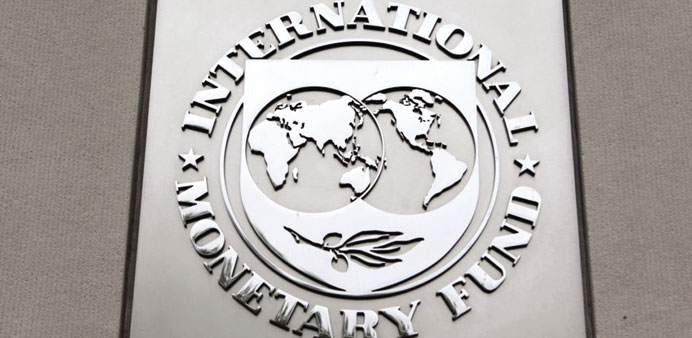Reuters/Amman
Yemen hopes a loan deal from the IMF that will allow it to start cutting costly energy subsidies that sap expenditure and are exploited by smugglers, but are relied on by the poorest in the country, will be sealed this month, the finance minister said.
The impoverished Arabian Peninsula nation has been holding technical talks with International Monetary Fund officials for several months and is expecting to hold detailed negotiations in Jordan this week, Sakher Ahmed Alwageh said.
He said Yemen was seeking “substantially more” than the $560mn, over three years, that the IMF has proposed, without giving details.
“We hope before May (ends) matters will have been cleared and we will have entered the programme,” Alwageh said. He said the IMF board was expected to meet in July to finalise the deal.
Alwageh said the talks cantered on cutting the energy subsidies that cost the state $3.07bn last year, equivalent of 30% of state revenues and 21% of expenditure, swallowing funds Yemen needs to invest in education, infrastructure and health after its 2011 uprising.
He said almost 30% of total domestic fuel consumption, especially diesel, was smuggled to countries in east Africa where smugglers benefit from price differentials.
However, removing subsidies is a highly sensitive in a country where a third of the 25mn population live on less than $2 a day. It has in the past led to violent disturbances, such as in 2005 when dozens were killed.
“The biggest burden will fall on the poor and that is why there must be successful solutions to ease the impact ... the problem is not in eliminating subsidies but finding another package that will deal with the impact,” he said.
Alwageh said cutting the subsidies would be a requirement of the deal, along with expanding capital investment and widening those benefiting from a Social Welfare Fund that helps poor households with the money saved.
“These are measures we need to take whether we enter an IMF programme or not,” he said.
The IMF says even a small start in reducing mainly energy subsidies, say by 10%-15%, would be sufficient to increase the average monthly allowances paid by the Social Welfare Fund.
The IMF said this month Yemen had a more urgent need for financial aid in 2014 than last year to fund spending as currency reserves shrink and donor aid is slow to arrive in the country that came close to economic collapse after the uprising that later eased out veteran ruler Ali Abdullah Saleh.
Yemen’s finances have been strained by frequent attacks on oil pipelines blamed by the government on Islamist militants and disgruntled tribesmen.
Saudi Arabia, the UAE and Oman have supplied Yemen with fuel in the past. Nonetheless, the capital Sanaa has suffered severe fuel shortages for the past month, with Yemenis spending hours queuing to fill their vehicles with just 20 litres of petrol.

